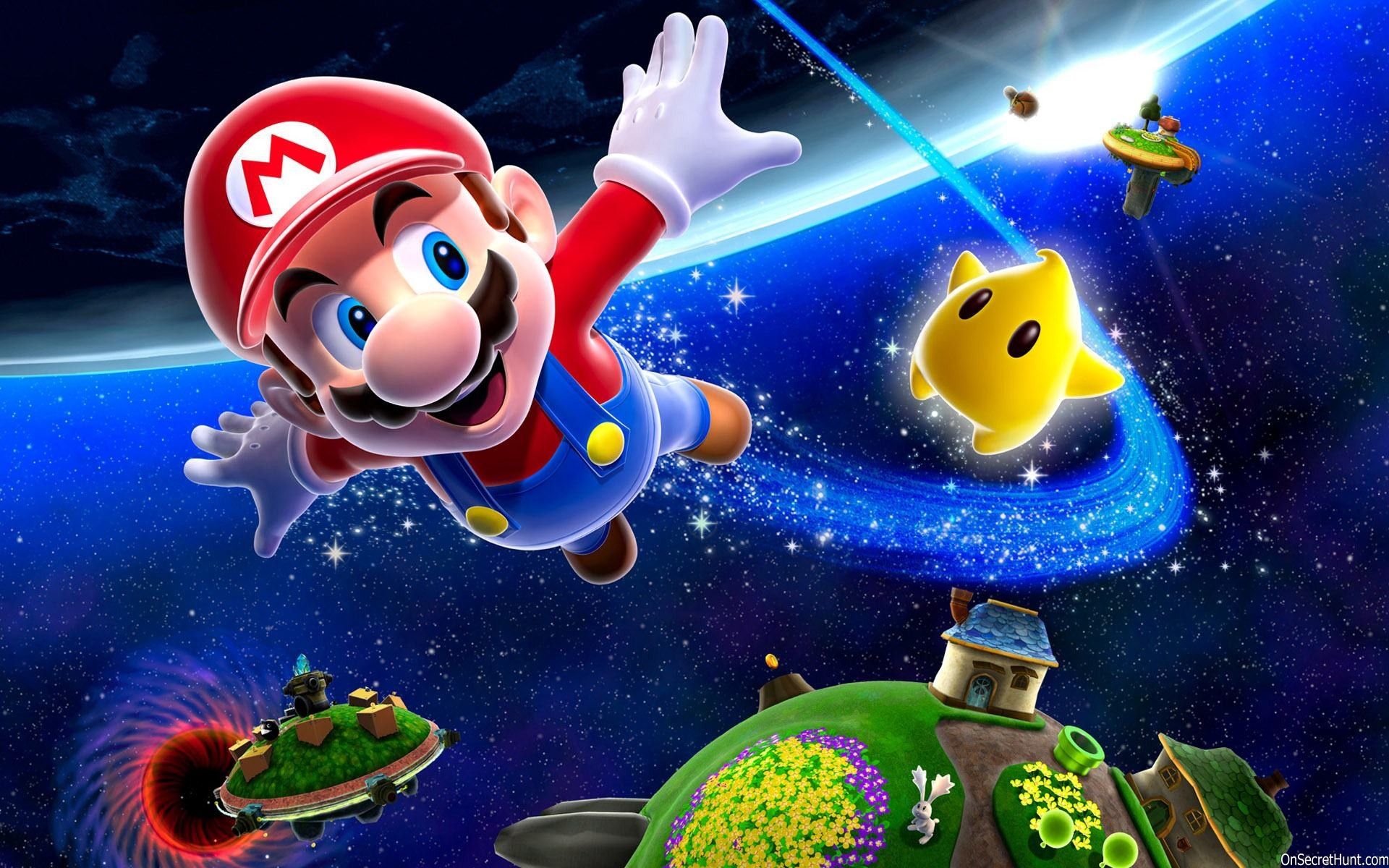
Sci&Tech Editor Sophie Webb reminisces on the lonely and isolating nature of Super Mario Galaxy
The week I started playing Super Mario Galaxy happened to coincide with the UK’s 2009 swine flu outbreak. I remember the atmosphere was only vaguely apocalyptic; nothing like the Covid pandemic many years later. But there was a shadow of a possibility that this was the end, and so I parked myself in front of the living room TV to spend my last week on Earth getting the hours in on the Wii – content to be doing so, oddly at peace with the spectre of death. Alas, I lived longer than expected.
She appears to us as an enigma
The almost immediate introduction of Rosalina is where the game strikes off on its own path in the Mario canon. She appears to us as an enigma, somewhere in the realm of Glinda the Good Witch from The Wizard of Oz. Goddess of the stars, she acts as a mother figure to the innumerable stars in the sky. She’s all-seeing and all-knowing, but her starship – the Comet Observatory – has been leached of its power sources by Bowser, leaving her stranded. She and Mario begin a transactional relationship: if he repowers the Observatory, she will fly him to the centre of the universe where Bowser is setting up camp. Peach is being held there, so Mario agrees.
The game’s visuals are almost lurid with colours and textures, beautifully lit and shadowed
One of Galaxy’s many strengths is its gameplay, involving the Wii remote and Nunchuk. The Wii’s blissfully simple manner of operation – the A Button and the B Button, plus rattling the remote like a can of spray paint – allow for smooth and interactive gameplay. The game’s visuals are almost lurid with colours and textures, beautifully lit and shadowed. The regular energetic colours and sparkles of Mario games are present and alive, but here they feel all the more magical given their representation of space; the unknown. The oranges and greens and pinks are stark against the navy blue skies of the background. Every galaxy is housed cosy within a piece of music that’s stylistically its own; an interstellar patchwork of fast-tempo for the running and the jumping, meanwhile, melancholic piano and cosmic synthesisers for the far-flung and isolated planetoids.

Galaxy is different; it allows the player time to ruminate
To discuss themes is to ask whether Mario games have “themes” at all. Typically, these games drag the player along a physical line which traverses each world map; they are unapologetically linear. The player is in and out of individual levels, like the rooms of a house. Galaxy is different; it allows the player time to ruminate. After all, one of the major “themes” is solitude – our human understanding of space is one of extreme cold and isolation. Galaxy doesn’t try to pretend that space isn’t lonely, just that this isn’t such a tragedy. While unable to communicate verbally, the planetoids and settlements the player travels through speak in rock formations, skylines, hidden passageways and helpful signs, pathways and secrets. When Mario is stuck, the mountains open to reveal a way through; space takes care of him. This ties to the game’s recurring concept of home: the Observatory is a home, with its functioning kitchen and decorated bedroom. Not to mention Rosalina’s firelit library, in which she sits with a storybook. The ship couldn’t be less like the soulless decks of the futuristic spacecraft from other science fiction stories if it tried. Mario can never truly be in danger if he returns there, to Rosalina’s home.
Galaxy doesn’t try to pretend that space isn’t lonely, just that this isn’t such a tragedy
Galaxy 2 was more self-referential, with Easter eggs acknowledging past titles in the Mario series such as Super Mario Sunshine. While intended to make the player smile, it only served to remind me that this was a Mario game, a fiction. Galaxy 2 was excellent but it feels much more like a regular Mario game, which caters to an array of tastes. The original Galaxy was entirely unique.
Rosalina is my favourite original Mario character; beyond her regality and the boldness of her life and mission, she chose a life much bigger than the one intended for her, and embraced the repercussions. At the game’s end, she and Mario part ways and we are left wondering where she will go next; gone with her are the promises of another, less-explored world. But Galaxy doesn’t present departure as a sad matter; after all, the memories remain.
Watch the trailer for Super Mario Galaxy here:
Read more gaming retrospectives here:
Retrospective: Minecraft Story Mode
Red Dead Redemption II: 5 Years On
Retrospective: Skylanders: Spyro’s Adventure
Comments